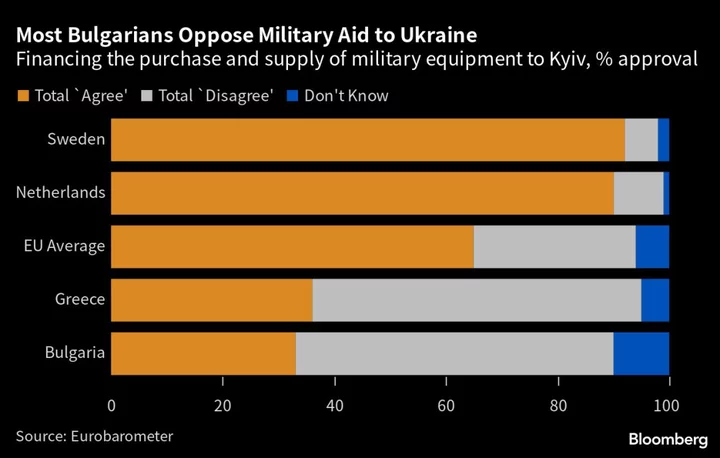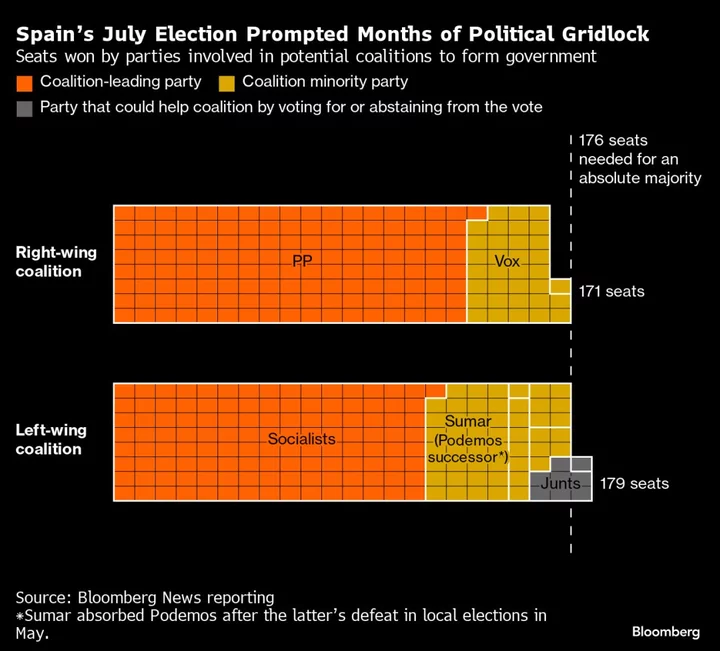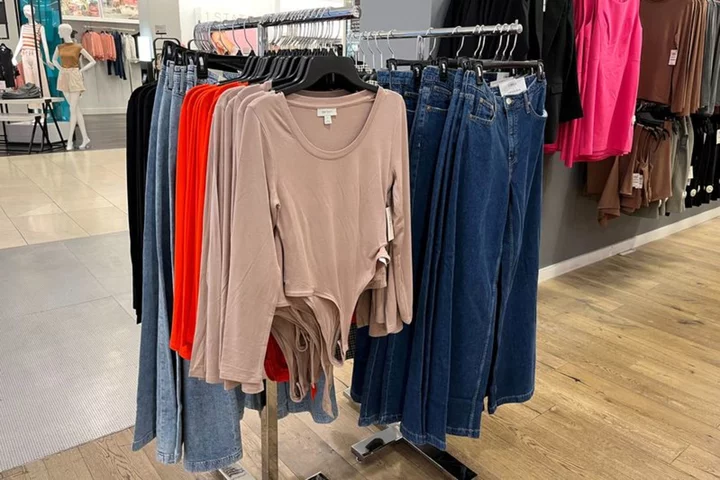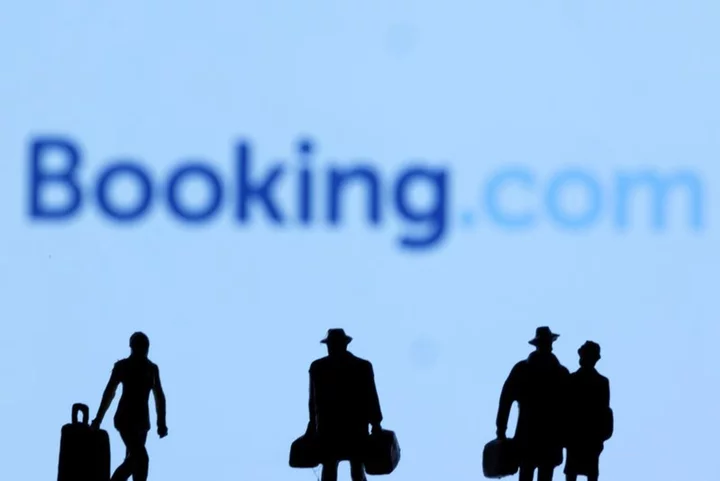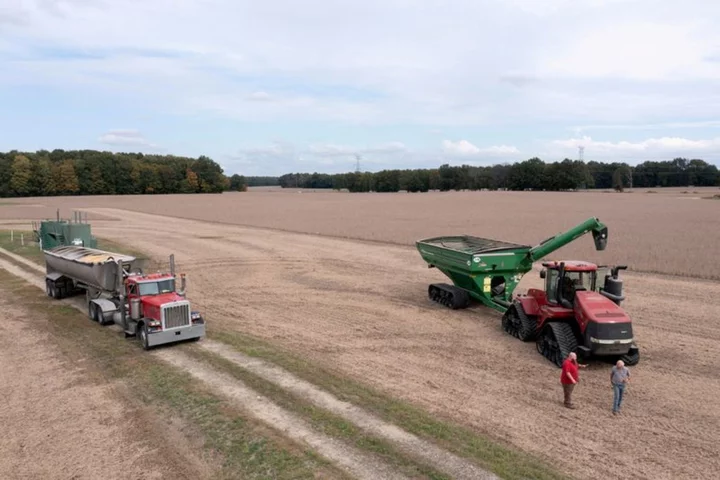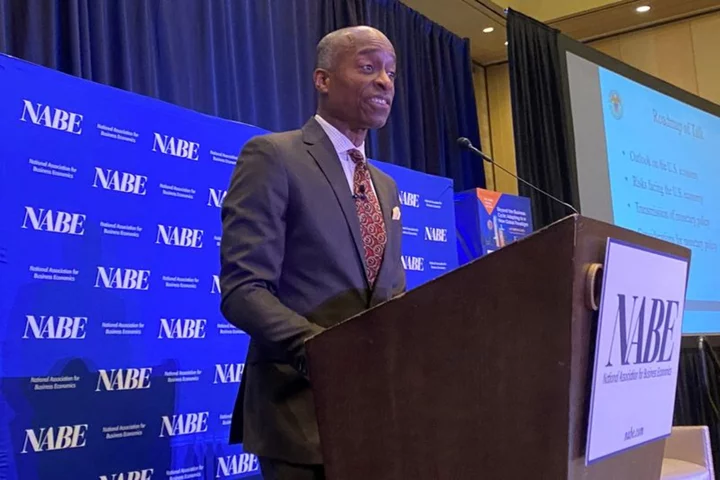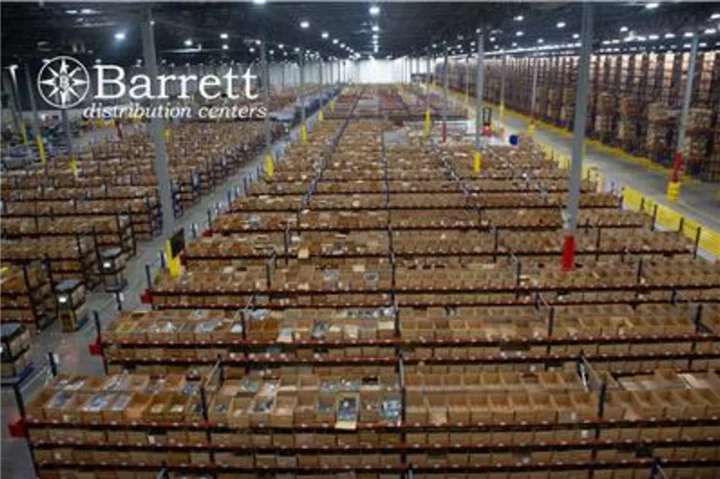Bulgaria’s head of state condemned the country’s new government for pledging to boost military support for Ukraine, as it steers the Black Sea nation closer to the European mainstream in its backing for Kyiv.
President Rumen Radev, who has refused to provide large-scale military aid even as he criticized Russia‘s invasion, reinforced his message that such support would draw Bulgaria into conflict. After Radev effectively held the reins in Sofia with his sway over a series of interim governments, a new administration sworn in this month has vowed to shift gears.
“The course of the new government is to push Bulgaria ever closer to the war,” Radev told reporters Friday. “It is not just in our interest, but also in all of Europe’s, to cease military action immediately and to seek all possible paths for restoring dialog and peace talks.”
The new coalition made up of Bulgaria’s two main parties vowed to end years of political deadlock in the Black Sea nation. Part of that is a fresh move to assist Ukraine. Defense Minister Todor Tagarev said this week that the cabinet is working on a fresh package for assistance.
The support will match “their needs and our capabilities,” Tagarev told reporters Wednesday, adding that the government is also considering joining the European Union’s joint ammunition purchases.
Those initiatives would be a sharp turn from Radev’s policies. The Bulgarian president, a US-trained former Air Force general, has for years fended off accusations from political rivals that he takes pro-Kremlin stances.
Radev has opposed EU against toward Russia — and once asserted during an election debate that Crimea, seized by the Kremlin from Ukraine in 2014, is “Russian.”
But as long as the fragile coalition, made up of long-time premier Boyko Borissov’s Gerb party and former Prime Minister Kiril Petkov’s party, holds together, Radev’s influence is diminished. Prime Minister Nikolai Denkov sought to play down the clash as a “a media attack,” saying that interim governments under Radev also provided aid.
“There’s only one guarantee for Bulgaria’s security and that is its participation in the North Atlantic Treaty,” Denkov told reporters in Sofia.
A significant producer of Soviet-style ammunition, Bulgaria — a NATO member since 2004 — has only provided limited military support after a parliamentary decision last year, although its weaponry has found its way to Ukraine through third countries. Radev’s interim premiers have repeatedly stated that the country has limited resources and can’t afford to provide aid.
Bulgaria has close cultural and economic ties with Kremlin, with most of its energy supplies coming from Russia until the beginning of its invasion in Ukraine.

